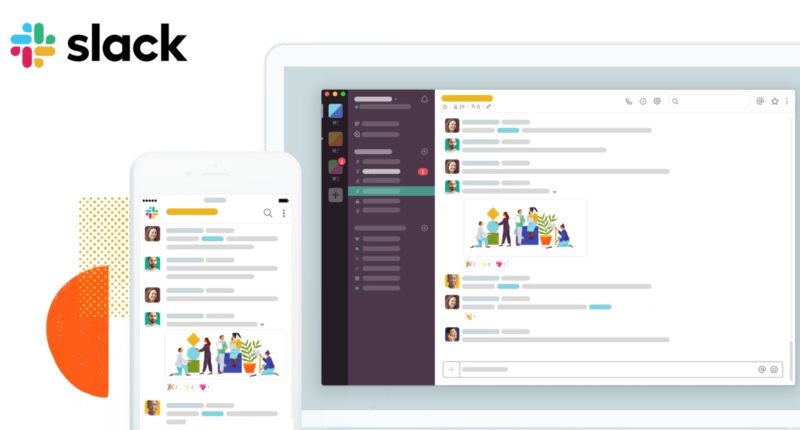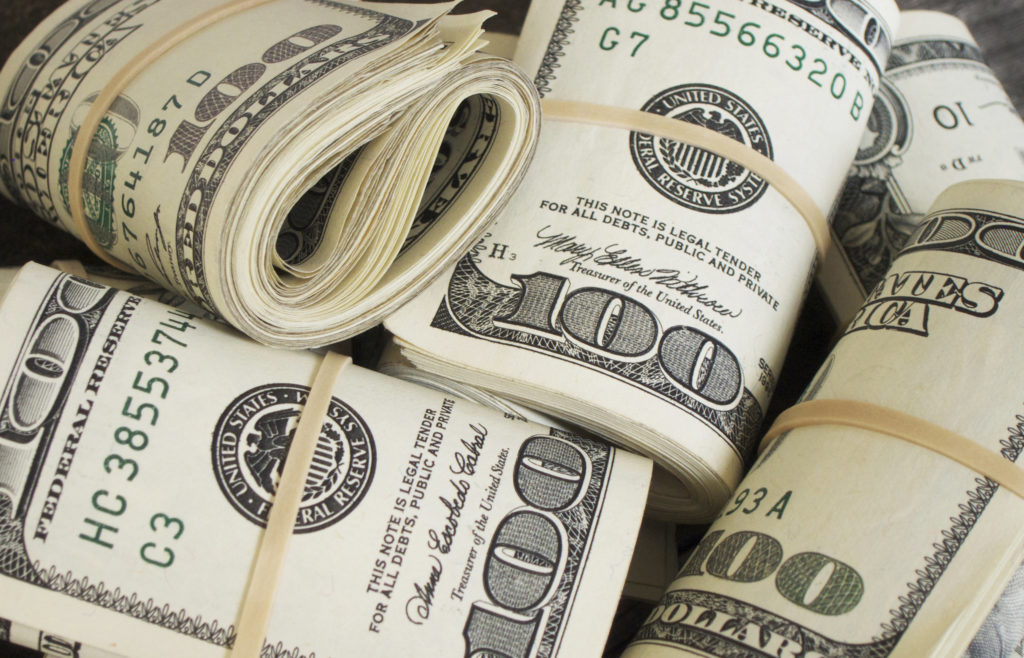Slack’s hugely anticipated IPO has finally happened, and boy what an IPO it has been. In fact, what a journey it has been for Slack. After a few tech IPO disasters that we have seen this year so far, Slack has come in as a massive positive relief. The workplace communication app opened 48% up at $38.50 per share on its debut on New York Stock Exchange (NYSE). It closed 48.5% up, at $38.62 per share. The shares went as high as $47 during intraday trading.
Slack had set a reference price of $26 per share for its direct listing, valuing the company at about $16 billion, according to a report from the Wall Street Journal on Wednesday. With a surprisingly well performance on its first day at NYSE, the market cap of the company is above $20 billion almost three times its private valuation a year ago.
Slack is a cloud-based service, co-founded by Stewart Butterfield (also, co-founder of Flickr) which enables teams to communicate and collaborate through its platform. It is interesting to note that Slack began as an internal tool (not as a standalone app) for a now-defunct online game called Glitch. Slack is an acronym for “Searchable Log of All Conversation and Knowledge” and it launched its journey in 2013. By the end of its second year, it raised $120 million with a $1.2 billion valuation.
Stewart Butterfield, co-founder and CEO of Slack, holds 8.6% stocks which are now worth $1.6 billion. 28% of the company’s stocks are held by Accel which are worth $4.6 billion. Slack co-founder Cal Henderson ($646 million), Social Capital ($2 billion), Andreessen Horowitz ($2.6 billion) and SoftBank ($1.4 billion) are among its other important shareholders.
Slack opted the way of a direct listing to go public. A direct listing is time consuming and means that the shares go directly to the market with no pre-sale. It means that Slack didn’t raise a large sum ahead of public trading. It is a less conventional way of going public but an efficient one if the company isn’t in a dire need of large cash injection. A reason why the company took an unusual route instead of traditional IPO might be the poor performance of the tech giants Uber and Lyft’s IPO earlier this year. Nonetheless, Slack isn’t the first company to do so. Last year, Spotify also took the same route last when it went public. Slack appears to be following the very footsteps of the music streaming company.
Last year, Slack closed at a valuation of $7.1 billion after raising a total of $1.6 billion in VC funding from its key investors including Accel, Andreessen Horowitz (13.3%), Social Capital (10.2%), SoftBank, T. Rowe Price, IVP, Kleiner Perkins among others.
As of the beginning of this year, it had more than 10 million daily active users across 600,000 organizations, with 88,000 of them on paid plans and 550,000 using the free version of the app. The company is amid buzz and growth (and sometimes controversy over privacy) even though it was a little rough last year for them.
In the fiscal year that ended in January 2019, there was a small improvement on its previous fiscal year loss. This fiscal year it reported a net loss of $138.9 million which was $140.1 million last year. While there was a great leap on the revenue ($400.6 million) which was almost twice its previous year’s revenue ($220.5 million).
The Tech Portal is published by Blue Box Media Private Limited. Our investors have no influence over our reporting. Read our full Ownership and Funding Disclosure →






